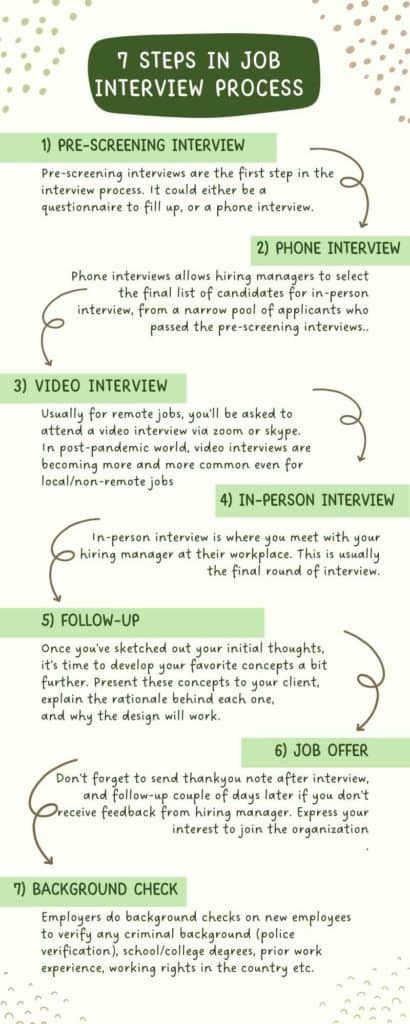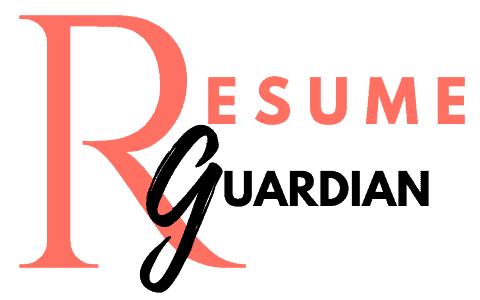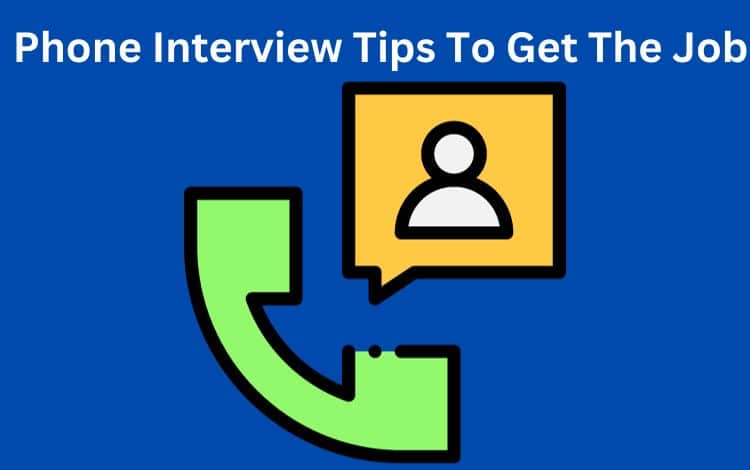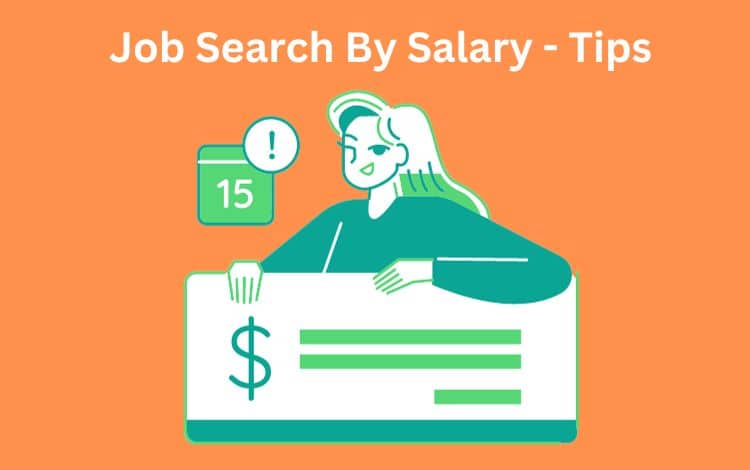
Job Interviews are essential aspects of the hiring process, where hiring managers interview a few shortlisted candidates and select the most suited candidate for the role.
In past days, a candidate might get hired with just one interview. But that’s not the case anymore. You may have to go through multiple rounds of interviews to get a job offer. It’s a lengthy process, but knowing how it works can help you understand what to expect and be prepared.
So what could you expect during the Job Interview Process?
The Job Interview Process is a series of steps every job applicant must go through while applying for a job opening until they are selected. The seven steps include a Pre-screening Interview, Phone Interview, Video Interview, In-person Interview, Follow-up, Job Offer, and Background Check.

If you are a job seeker, understanding the various steps involved in a Job Interview Process could be beneficial. And going through the action steps to succeed in each step would give you an advantage over other applicants.
So let’s dive right into the seven steps of a Job Interview Process and the action steps you can take for each step.
Pre-Screening (or Initial Screening) Interview

Imagine you found a job opening and applied for the job attaching your resume and cover letter. Recruiters usually get hundreds of resumes for a job opening and assuming your resume matches their quick scan, you get shortlisted for an initial screening interview.
Pre-screening interviews are the first step in the interview process. It could either be a questionnaire you would be asked to fill out and submit online or a phone interview.
And companies pre-screen candidates in order to get more information from them about the details in their resumes and cover letter.
Pre-screening interviews (if it’s a phone interview) usually lasts about 15-30 minutes, and it’s an opportunity for recruiters to know the inter-personal and communication skills of the candidate.
Pre-screening is usually conducted by recruiters, who then shortlist the final list of candidates for the hiring manager’s interview. This is done in order to identify the most suited candidates from a pool of applicants so as not to waste hiring managers’ time interviewing every candidate applying for the role.
Treat your pre-screening interviews with the same seriousness as you would treat your final interviews because it’s your first entry point to grab that job offer.
Listed below are categories of pre-screening interview questions that could be asked:
- “Your Previous Work Experience” type questions – To understand your work experience, skill sets, how you can contribute to this job, problems faced in your last job, how you resolved the problems, etc.
- Responsibilities-based Questions – To understand your responsibilities in your previous job, how you think this could help in the position you’re applying for, the responsibilities you hope to have with this company, etc.
- “Why you want to work here” type Questions – To understand why you’re applying for this position, why you want to work with this company and not the competitor’s company, etc.
- Availability-based Questions – To understand your availability and when you could join if hired.
- Salary Expectation Questions – To understand the salary range you’re expecting and the specific benefits that are important to you.
Take pre-screening interview seriously. Hiring managers makes decision on whether they want to proceed to next level interviews, based on your responses in the pre-screening interview.
Phone Interview

Once your pre-screening is completed, and you get shortlisted, you move to the next rounds of interviews. Phone interviews are usually the second step in the interview process.
Phone interviews allow hiring managers to select the final list of candidates for an in-person interview from a narrow pool of applicants who passed the pre-screening interviews.
In some cases, you might not even have an in-person interview. This might even be your final interview – so treat this seriously.
Below are essential tips that will help you prepare for your phone interview:
- Finalize Your Phone Interview Room- Pick a quiet room or area where you can attend phone calls without noise or distractions. Place your resume and cover letter in front of you for reference.
- Good Phone Signal – Make sure your phone signal is good in your Phone Call Room so as to facilitate a smooth exchange of ideas in the call. It isn’t easy to hold a good conversation when you can’t hear the interviewer clearly, or if the interviewer can’t hear you properly. Someone has to keep apologizing or needs to guess what the other person is saying.
- Phone Battery Fully Charged- Ensure your phone is fully charged. You don’t want your phone battery to die off in the middle of a call. If that happens, you could apologize and try to reschedule, but usually, you could miss out on that opportunity, and the interviewer might move on to the next candidate.
- Research the Company – Get a fair idea of what the company does, research their products and about pages, any latest news on the company, publicly available information on their latest projects, etc. This research alone could put you ahead of other candidates because you would know the company culture, pain points, and how you could contribute to that job position to achieve company targets.
- Prepare in advance for the Interview – Start your interview preparation in advance to be able to answer typical questions like Introduce yourself, Tell me about your strengths and weaknesses, etc. Have your own framework ready to answer common questions.
- Read through your Resume, Cover Letter & Job Description to refresh your memory before the interview. Good luck.
Prepare for Phone Interviews as you would prepare for in-person interview.
Video Interview

After you’ve cleared your phone interview, the next stage could either be a video or an in-person interview. Or it could also be a combination of video and in-person interviews.
Usually, for remote jobs, you’ll be asked to attend a video interview via zoom or skype. In the post-pandemic world, video interviews are becoming more and more common, even for local/non-remote jobs.
Video interviews present advantages to both candidates as well as interviewers. Candidates do not have to take time off from work to attend video calls and can save commute time. And interviewers don’t have to book meeting rooms or co-ordinate waiting rooms.
Treat video interviews just like in-person interviews. Be fully prepared; this could very well be your final interview.
Below are essential tips that will help you prepare for your video interview:
- Set up your space- Pick a quiet space with sufficient lighting. Also, check your background to ensure nothing is distracting.
- Technology Check – Setup to position your webcam or laptop camera at your eye level (so that you don’t look down or up at the camera). Ensure audio and video are working fine. If you received a zoom invite, test your zoom account in advance to ensure there are no connectivity issues.
- Dress Professionally- Treat a video interview just like an in-person interview; dress professionally since the interviewer can see you.
- Avoid Distractions – Clear your desk to avoid distractions, and keep a notepad and pen next to you to take notes, a water bottle, and copies of your resume and cover letter.
- Preparation – Prepare similarly to how you prepared for a phone interview; revise common questions, and go through your resume, cover letter, and job description.
- Be an Early Bird – Login to the zoom call 10 minutes earlier. The interviewer will open the bridge at your assigned time, and you’ll then automatically enter the virtual meeting. Good luck.
There’s a good chance that one of your interviews is going to be a video interview. Prepare yourself, and treat this like an in-person interview.
In-Person Interview / Final Interview

An in-person interview is where you meet with your hiring manager at their workplace. This is usually the final interview round, but this depends on the company.
For some companies, the phone interview might be the final interview, and the company might proceed to offer you the job. On the flip side, some companies might call for multiple rounds of video and in-person interviews with different departments before they give you a job offer.
The main takeaway is to treat every interview you attend (including your pre-screening interview) as your final interview. You never know which one is going to be your final one. Moreover, to proceed to final level, you first have to clear the initial levels.
Below are essential tips that will help you prepare for an in-person interview:
- Arrive Early- Always plan to arrive at your interview venue at least 15 minutes early. If you’re driving during rush hours, consider traffic as well. Never rush for your interview, or arrive late. The former may shoot up your stress levels, and the latter might cause a bad first impression, and you might also need to call up the interviewer and apologize if you’re late.
- Dress Professionally- If you’re aware of the company dress code, you may dress accordingly. But if you’re unsure, wear formal dress to your in-person interview.
- Carry resume copies – Carry a professional bag with you to keep printed copies of your resume, cover letter, printed copy of interview mail, notepad and pen, and a water bottle.
- Preparation – Prepare similarly to how you prepared for your phone and video interviews.
- Carry a smile – Always smile, and maintain your calm during the interview. If you’ve prepared sufficiently, you’ll have natural confidence. Have a blast – Good luck.
Some companies may not have an in-person interview, and some companies may have multiple rounds of in-person interviews.
Followup After Interview

You have prepared and spent lots of effort on the job interview. And by this stage, you’ve attended a couple of interviews with the company for that job position.
It’s natural to be anxious. As you get closer to the final interviews, you want to hear back quickly from the hiring manager and do not want to wait any longer.
Have patience at this stage. Patience does not mean you should keep waiting indefinitely without any action from your side. You have to start follow-up, but don’t do it in haste – give sufficient time for the hiring manager to get back to you.
Below are essential tips that will help you follow up after your interview:
- Ask Expected Date of Feedback – At the end of your interview, ask the hiring manager when you could expect to hear back from them.
- Send Thank you Note – One day after your interview, send a thank you note to the hiring manager. Express your gratitude, and show your enthusiasm for joining the organization.
- Wait – The hiring manager would have given you an approximate date for feedback. If you do not receive feedback, it’s probably because the interviewers might be contacting other candidates if you were not their first choice. Wait for 5-6 days.
- Send Follow-up Note – After 5-6 days, if you still haven’t received feedback, send a follow-up note to the hiring manager. this would be similar to your Thankyou note, showing your interest and enthusiasm to take up the role and join the organization.
Don’t forget to send thankyou note after interview, and follow-up couple of days later if you don’t receive feedback from hiring manager. Express your interest to join the organization.
Getting The Job Offer

At this stage, you applied for the job, most probably attended pre-screening, phone, zoom, and in-person interviews, and followed up for feedback from the hiring manager.
You finally got the job offer from the interviewer. Congratulations!
Read through the job offer carefully, and if the offer is good, you can proceed to accept and sign. If there’s anything you may wish to renegotiate in the offer, don’t hesitate to do that.
Salary negotiated before accepting the job offer might usually be your best negotiation, rather than waiting for hikes after years of working in the company.
Background Check for New Recruits

Employers usually do background checks on new employees to verify any criminal background (police verification), school/college degrees, prior work experience, working rights in the country, etc.
For an employer to proceed with such background checks, they may ask you to agree and sign your consent in order to perform this check. Usually, employers outsource such verification checks to 3rd party vendors, who complete these checks on behalf of the employer.
After completing your background verification, you are cleared to join the organization.






